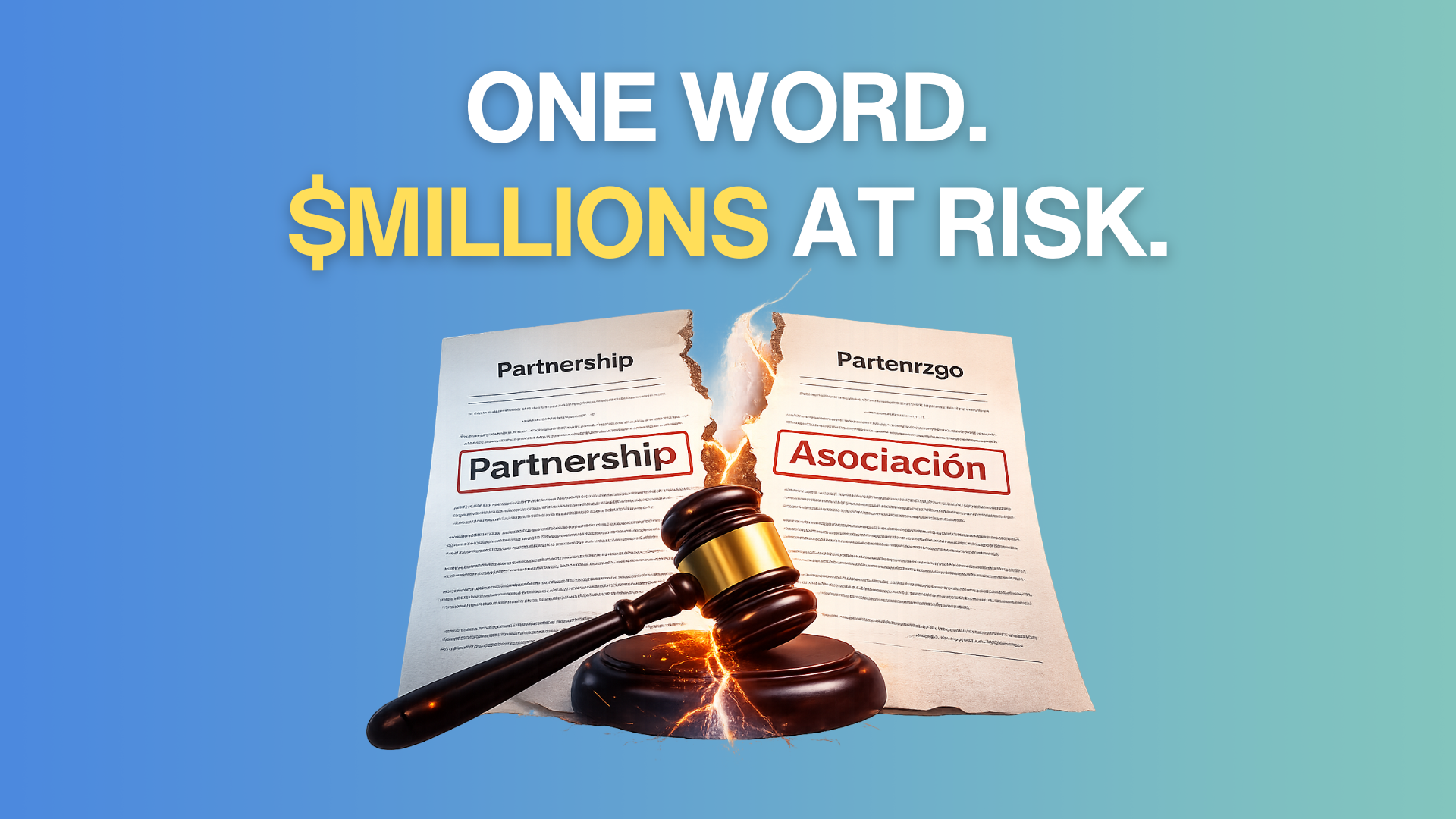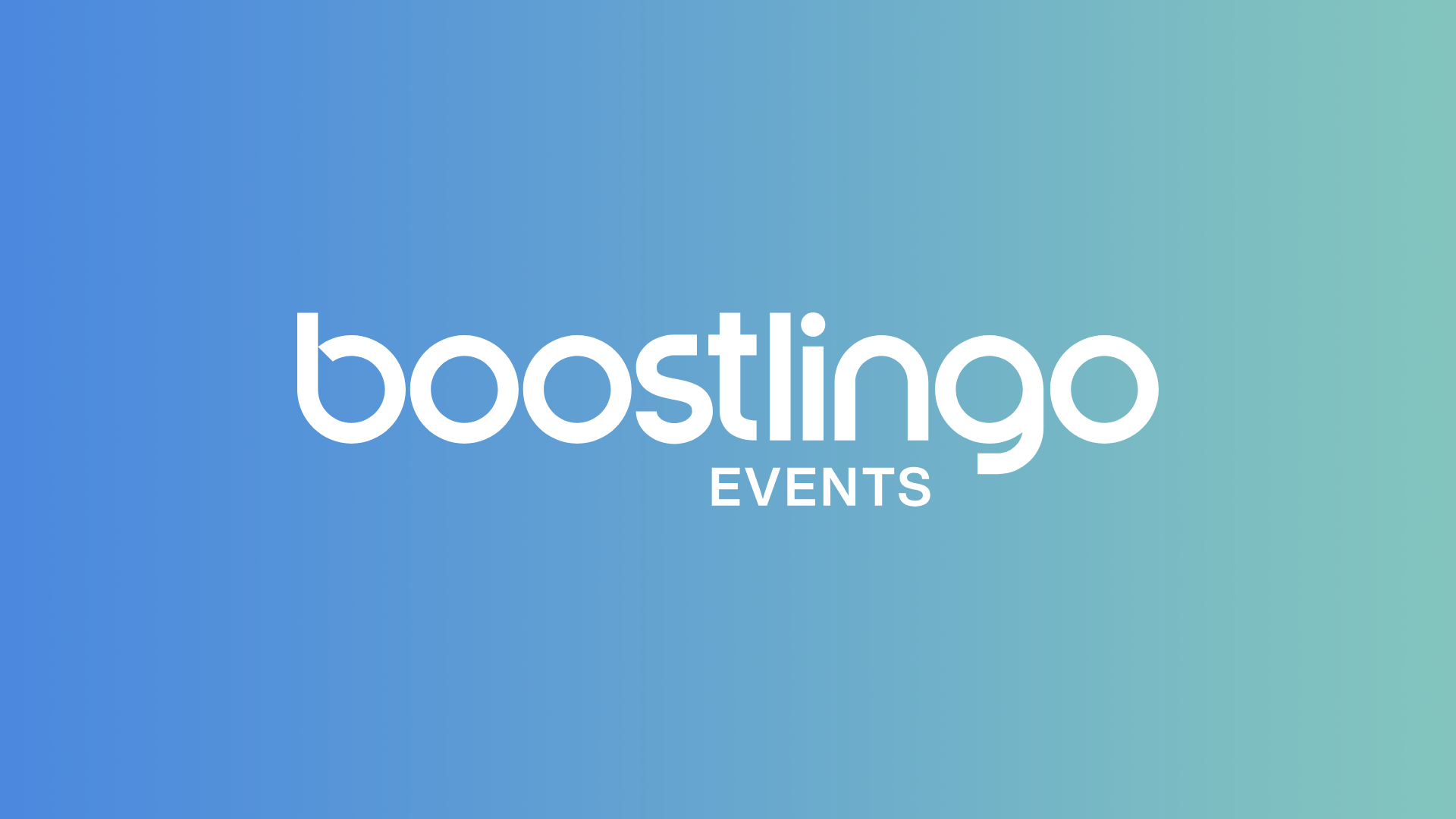Imagine you’re expanding your business into a new market and need to translate a product manual into another language. You realize it’s more than just plugging words into Google Translate and switching from one language to another. Technical documents often contain specialized terms, complex instructions, and industry-specific language that demand much greater accuracy. A small error in translation could lead to confusion, safety risks, or even legal issues. That’s where technical translation services come in—ensuring your content is translated with accuracy and preserving alignment with technical specifications across languages.
In this article, we’ll explore technical translation services, why they’re essential, and how they make sure your content speaks clearly to a worldwide audience.
The Difference between Translation and Interpreting
Before we explore technical translation services, it’s helpful to understand the difference between translation and interpreting, as people often confuse the two.
Translation involves converting written content from one language to another. It requires accuracy, contextual understanding—and industry-specific knowledge in the case of technical translation. Translators have time to research and refine their work, ensuring accuracy in complex documents like technical manuals, patents, and reports.
Interpreting, on the other hand, is the real-time conversion of one spoken language to another. Interpreters must be quick thinkers, instantly communicating multilingual speech during live conversations, meetings, or events.
Both require a deep understanding of language and culture, but translation allows for a more deliberate process, while interpreting is fast-paced and on the spot.
Read Translator vs. Interpreter: What’s the Difference? to learn more about their differences.
What Are Technical Translation Services?
Technical translation services involve converting specialized, often complex, content from one language to another. These services go beyond simple translation between one written language to another, as they require a deep understanding of industry-specific terms and the nuances that come with highly regulated fields like law, medicine, and engineering. Whether you’re translating user manuals, patents, technical reports, or product specifications, technical translations demand accuracy and subject-matter expertise to ensure clarity and policy compliance.
Why Are Technical Translation Services Important?
Technical translation services are essential for industries that rely on precise and specialized communication, such as healthcare, engineering, and law. In these fields, even minor translation errors can lead to costly outcomes, legal issues, or serious safety risks. For instance, a 2006 translation error in Germany mislabeled a knee prosthesis as “non-cemented” rather than “non-modular cemented.” This caused surgeons to skip the cementing process, resulting in failed knee replacements and requiring 47 patients to undergo a second, painful surgery with prolonged recovery time.
This example underscores why technical translation services prioritize accuracy, ensuring critical information is conveyed clearly and consistently across languages.
Technical translation services can cover:
- Manuals and User Guides
- Clear and functional instructions for both consumers and professionals. Possible Industries: Electronics, Automotive, Manufacturing
- Patents and Legal Documents
- High-level accuracy to prevent costly errors in intellectual property cases and legal disputes. Possible Industries: Legal, Healthcare, Technology
- Technical Reports and Studies
- Maintain the integrity of data and specialized terminology in reports. Possible Industries: Engineering, Pharmaceuticals, Healthcare
- Software Localization
- Adapting software interfaces, documentation, and user instructions for different markets with linguistic and technical precision. Possible Industries: Technology, IT, Gaming
- Product Specifications
- Exact language translation of product specs ensures proper understanding, avoiding miscommunications that could result in product failures or safety issues. Possible Industries: Construction, Aerospace, Manufacturing
The importance of technical translation lies in its ability to deliver clear, accurate information while considering industry-specific terminology. With Boostlingo’s network of qualified translators, organizations can rely on high-quality technical translations that maintain the integrity of the original documents.
Next, let’s look at how the translation process works to ensure accuracy at every stage.
The Process of Technical Document Translation
A successful technical translation project follows a structured process to ensure accuracy. First, the translator analyzes the source document and identifies industry-specific terms. Then they translate the content using tools like translation memory, ensuring consistency throughout. Finally, the document undergoes a thorough review for errors or misinterpretations, focusing on maintaining the original intent and context.
Challenges in Translating Technical Terms
Translating niche terminology is a challenging process that requires an extensive understanding of any specific subject matter. Take the scenario mentioned earlier about the knee prosthesis mislabeled as “non-cemented” instead of “non-modular cemented.” This error, caused by misinterpreting technical terms, resulted in serious consequences for patients.
This is where Boostlingo’s network of professional translators, the Boostlingo Hub, comes in. They use specialized glossaries, consult subject-matter experts, and leverage our Translation Memory System (TMS) to keep terminology consistent. With these tools, we deliver spot-on translations, even for the toughest and most technical projects.
How to Choose the Right Technical Translation Service
When choosing a qualified technical translation provider, look for industry-specific expertise, qualified translators, and robust quality assurance processes. A provider like Boostlingo offers all of these backed by AI-powered translation tools and an extensive network of professional linguists.
Request a quote today and discover how Boostlingo can ensure the success of your translation projects.



